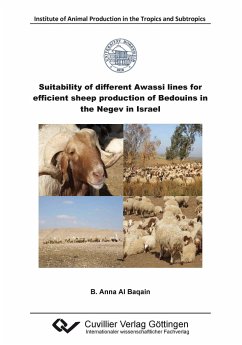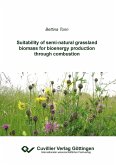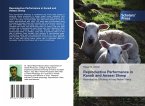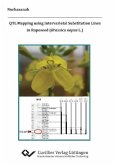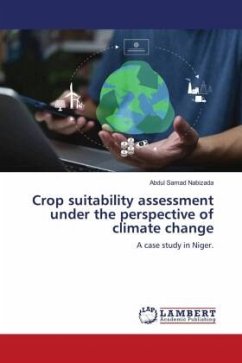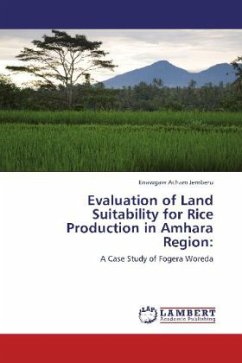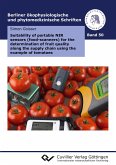In Israel, more than half of the national sheep flock is kept by Bedouin in the Negev desert. Extensive production systems co-exist besides semi-intensive systems with varying economic success. There is a constant regional demand for sheep meat, but the local supply is not able to cover it. The wide gap between the performance potential of the commonly used and environmentally adapted local Awassi and improved sheep breeds suggests an increase in economic efficiency by intensification of breeding. The choice of a suitable breed for a specific system is seen as key factor for the farm success and requires the knowledge of the animals¿ adaptation. Information on the performance of Bedouin sheep flocks under the given harsh production conditions are, however, missing. The purpose of the study was thus a characterization of current production systems, the assessment of the aggregated performance of the different Awassi lines kept in those systems and the impact of socio-economic and production factors on the efficiency of Bedouin sheep production. Also breeding objectives of Bedouin sheep farmers were investigated. The role of new breeding technologies in the ongoing process of intensification of sheep farming systems was analyzed and discussed.

